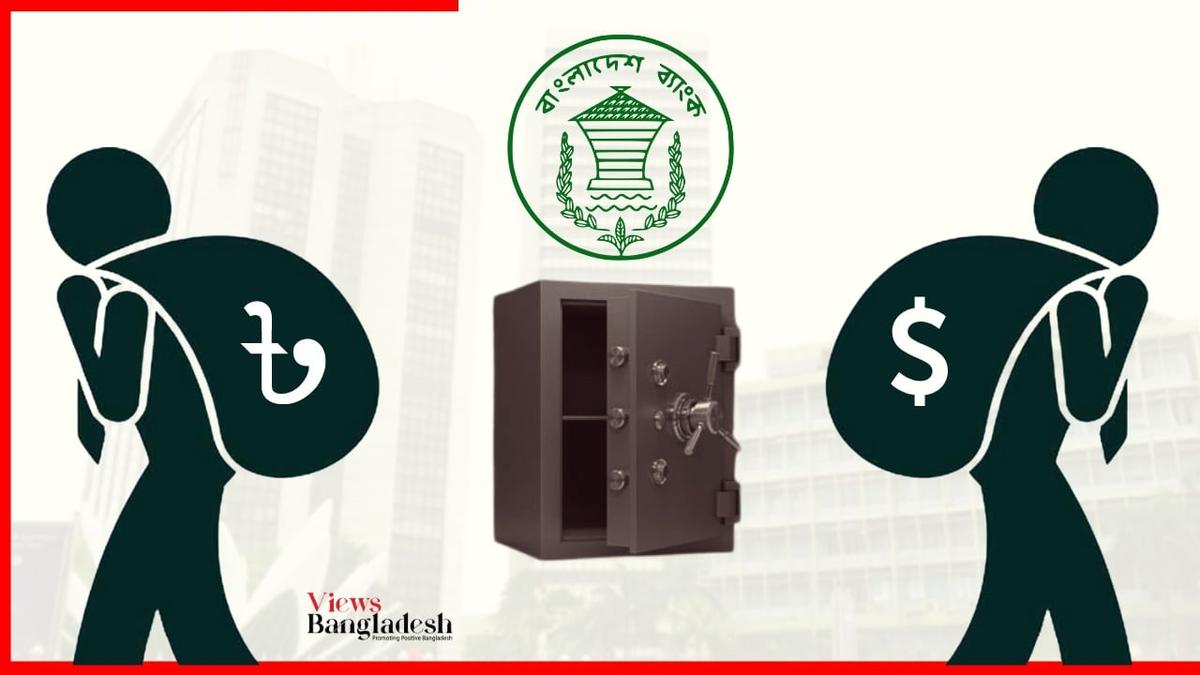non-performing loans (NPLs)

Upcoming Reforms for Financial Discipline and MPS H1FY26
Bangladesh Bank (BB) organized a consultation meeting on Monetary Policy Statement (MPS) H1FY26 recently unveiled several elements of policy measures for the upcoming MPS. The discussion upstretched several concerns about the high policy rate for long, squeezed the credit facilities for the private sector, especially for CMSMEs, high Non-Performing Loans (NPL), sluggish investment, new investment is in wait and see while existing investment is in dilemma.

Why hasn’t there been significant change in banking sector?
The banking sector is riddled with problems, among which the most alarming is the overwhelming volume of non-performing loans (NPLs). The amount of defaulted loans has increased at an abnormal rate. According to newspaper reports, as of the end of last December, the total disbursed loans in the banking sector stood at Tk. 17,11,402 crore, of which Tk. 3,45,765 crore were defaulted—accounting for 20.20% of all loans. Among these, Tk. 2,91,537.75 crore were classified as “bad loans,” which represent 84.31% of the total NPLs. Loans that fall under the “bad” category usually have very little prospect of repayment. Many banks are facing provisioning shortfalls; they are unable to maintain the required provisions even if they wish to. Thirteen banks are currently under-provisioned, and the total shortfall across the banking sector amounts to Tk. 1,06,130 crore.

Banking sector reforms must be based on reality
This government-backed family has become a liability to the banking sector. Dr. Mansur also announced that the Bank Resolution Act is being formulated to address banking failures. Some state-owned banks are also struggling, and measures will be taken to prevent the Financial Institutions Division of the Ministry of Finance from interfering in banking operations. The Bangladesh Bank will be allowed to function independently. However, the Governor did not explicitly state what would happen to banks that cannot be saved or how they would be phased out. His remarks, however, indicate that major changes are on the horizon for the banking industry.

Can lending to weak banks restore customer confidence?
Can lending to weak banks restore customer confidence?

EU interested in strengthening partnership with Bangladesh
The European Union (EU) expressed interest in strengthening partnership with Bangladesh in the coming days.

Detrimental impact of defaulted loans on banking sector
The prevalence of non-performing loans (NPLs) in Bangladesh's banking sector is a widely discussed issue, and it is not confined to causing problems only for banking accounts. Rather, it has evolved into a complex problem affecting our national economy. About 86 percent of economic transactions in Bangladesh occur through the banking system. Consequently, if there are issues with banking accounts, these problems have a ripple effect on the entire economy. If non-performing loans in the banking sector were to reach their current levels, banks would be able to contribute more efficiently to the national economy. Many of the mega projects we are implementing could have been completed with this defaulted loan (TK 1 lakh 56 thousand 039 crore).

